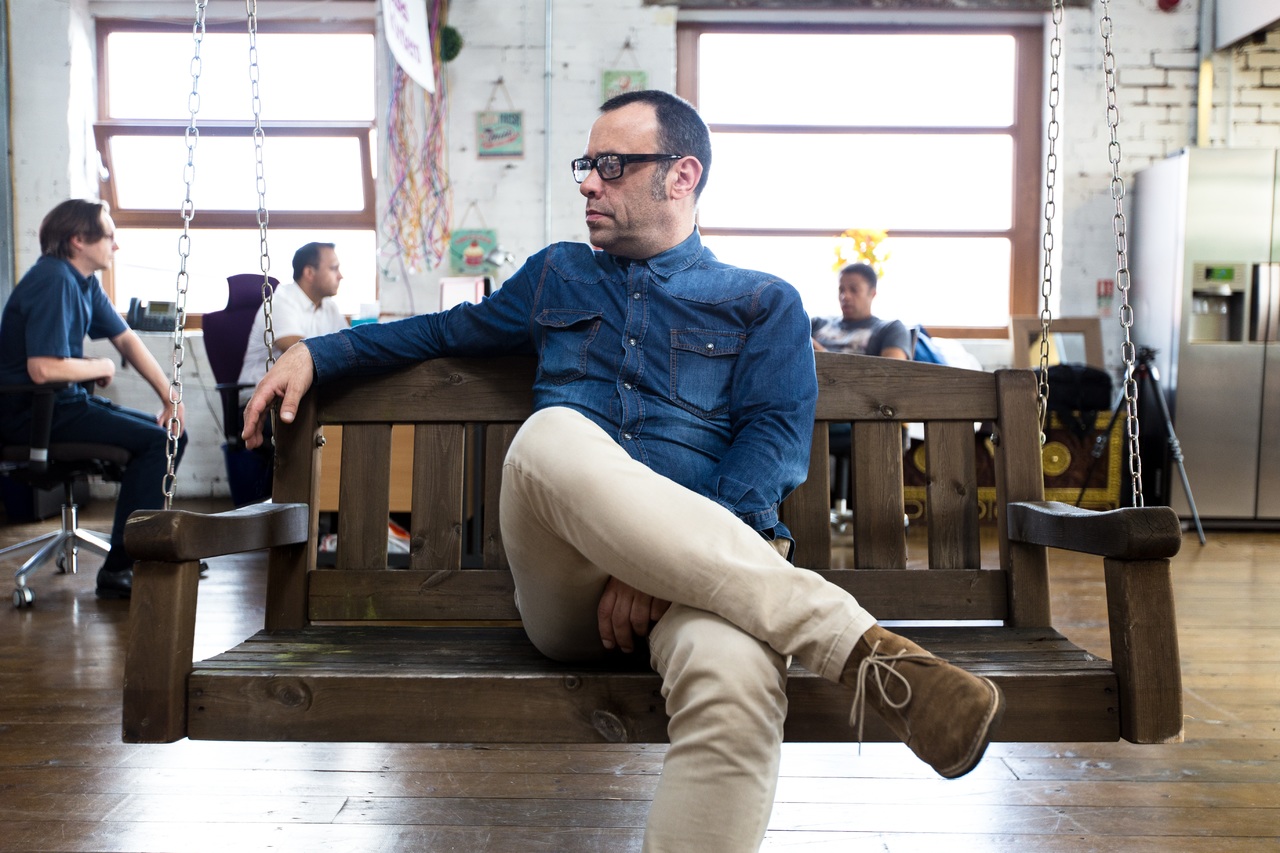How often do you feel exhausted, sluggish, weary or worn out?
People frequently feel like they don’t have enough energy for the things they have to do, let alone for the things that they want to do! In fact, about 20% of the population reports feeling fatigue that lasts for a month or more.
It’s probably no surprise that there are strong associations between high levels of fatigue, low levels of energy, and a number of physical and mental health conditions, including depression, anxiety, heart disease, and diabetes. Even if you are otherwise healthy, low energy levels and high fatigue can be a huge drain on your quality of life. We’d all like to get home from work and still have the energy to connect with family, walk the dog, or spend some time on hobbies.
Numerous activities can increase or decrease energy levels. Think of how you feel after a poor night’s sleep or hours of work on a presentation, or the effect of a short walk or powernap. Hundreds of scientific studies have found that mind-body interventions, including yoga practices, are effective in treating stress-related mental and physical disorders. The calming effects are attributed, in part, to the emphasis on controlled breathing, which can lead to neurological, and biochemical changes that impact our feelings of stress and energy.
Admittedly, working to create calm might not seem like a great way to create energy. But science has shown that the relationship between breath and emotions is a two-way street. Stress levels can change your breathing patterns, but the way you breathe will actually significantly influence your stress levels. Deliberate deep breathing creates a physical effect that is the opposite of the famous “fight or flight” response. It can decrease heart rate and blood pressure, enhance immune function, and increase stress tolerance. The combined physical effects of deep breathing and attention on the breath can lead to sharpened focus and clearer thinking. After even just a minute or two of deep breathing, many people report feeling both calmer and more energized.
Here’s how to do it: Find somewhere where you can sit comfortably and not be disturbed for at least a couple of minutes. Focus on taking slow, deep breaths, expanding your rib cage from top to bottom and side to side as you breathe in. Aim to slowly inhale for five seconds, and slowly exhale for five seconds, or as close to that as you comfortably can. Continue this breathing pattern for up to five minutes – though even a few breaths like this can be helpful.




What do you think?